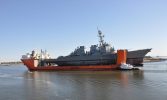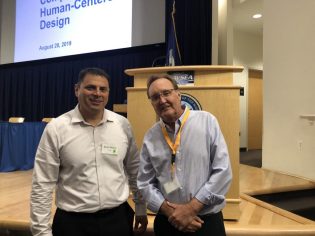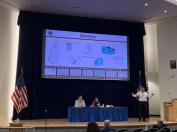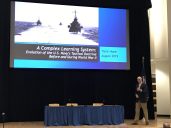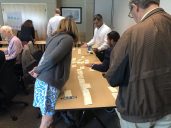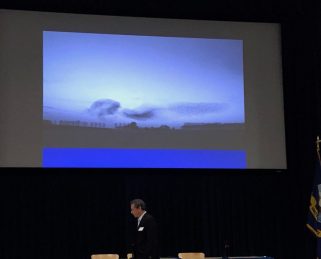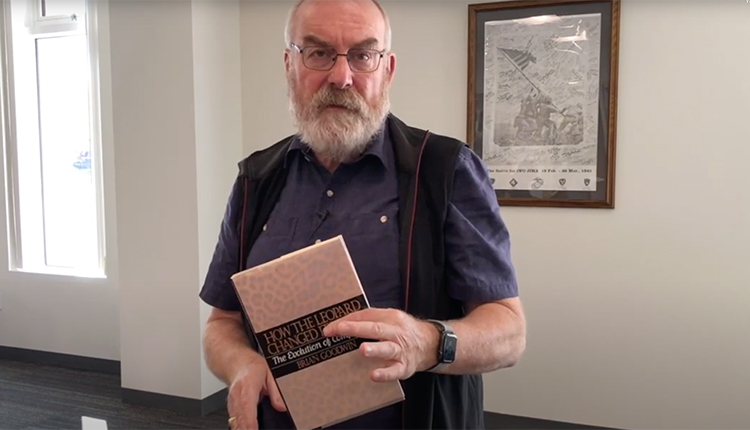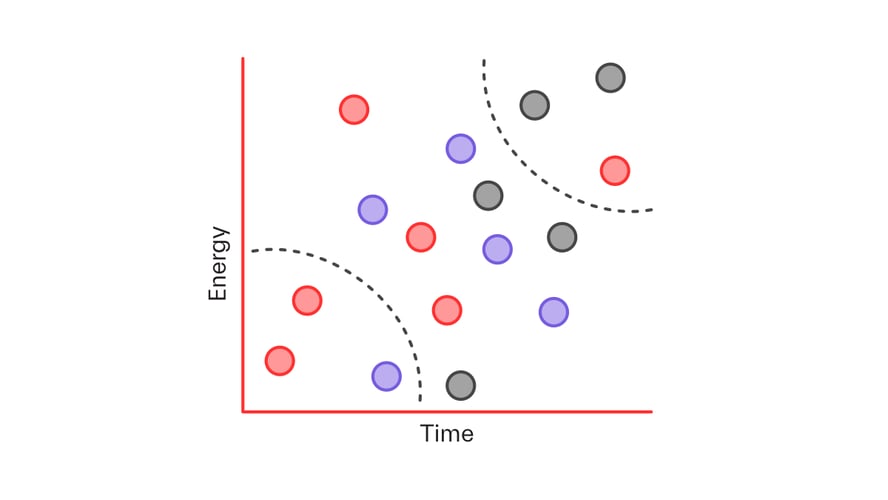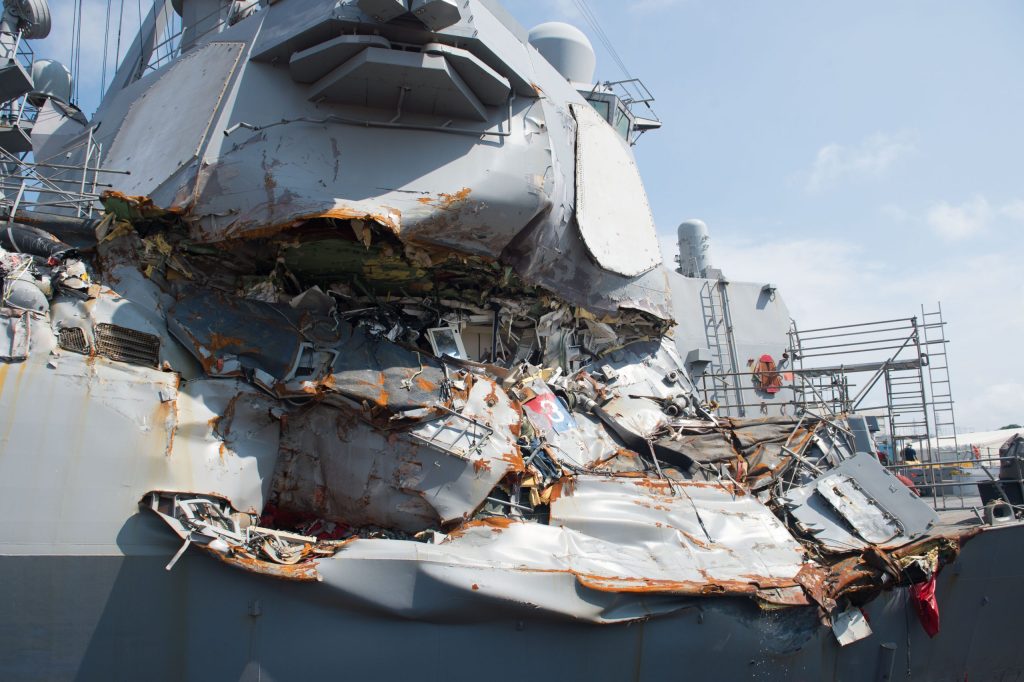
“I think the next century will be the century of complexity.” -Stephen Hawking
I’m happy to share that a grassroots effort to embrace complexity and complex adaptive systems thinking is underway in the U.S. Navy. This is a bittersweet moment for me considering my recent attempt to bring complexity thinking to the front of mind of naval leaders was thwarted by consensus, fear, and the simple fact that the way most leaders deal with complexity is they simply ignore it.
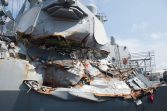
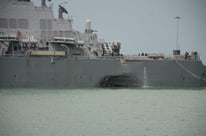
The Recent Failed Effort
The 2017 mishaps at sea led to the formation of an “Industry Best Practice and Learning Culture” Team, where a group of naval reservists where given the task to engage with academia and business executives in an effort to benchmark industry best practices. Searching for “Best Practices” or using MBTI, for example, are indicators that an organization is in desperate need of a paradigm shift.
As a member of the “Best Practices” team, our team engaged with academics in the fields of accident investigations, Complexity Leadership Theory, the Cynefin framework, Scrum, the OODA loop, the science of teams, and psychological safety. Although these academics emphasized the importance of understanding complexity and complex adaptive systems (CAS) with our team, the internal “Industry Best Practice and Learning Culture” U.S. Navy document that was ultimately published was void of any mention of the importance of complexity or CAS.
A New Hope: A Navy Command Hosts a Complexity Workshop
NAVSEA Naval Surface Warfare Command hosted a three-day Complexity Workshop—a workshop organized by leaning forward civilian personnel— where 100 plus attendees, to include officers from the U.S. Air Force, Marine Corps, and Army (I believe I was the only naval officer in attendance, reserve or active duty), engaged in discussions and workshops on the topics of the Cynefin framework, the OODA loop, Resilience Engineering, Complexity Leadership Theory, Complex Adaptive Systems, NeoStrategy (Complexity-informed strategy), and psychological safety.
Featured speakers at this year’s complexity workshop included Trent Hone, author of Learning War: The Evolution of Fighting Doctrine in the U.S. Navy, 1898–1945, a book on the CNO’s reading list about complexity and naval innovation; Yaneer Bar-Yam, founding President of the New England Complex Systems Institute; and Professor David Woods, a thought leader in Resilience Engineering and Human Factors.
I was thrilled to be invited to deliver four workshops on the Cynefin framework and share two presentations on the topics of the The Flow System™ and Safety as an Emergent Property of a Complex Adaptive System.
Great job to the NAVSEA NSWC Complexity Team!


